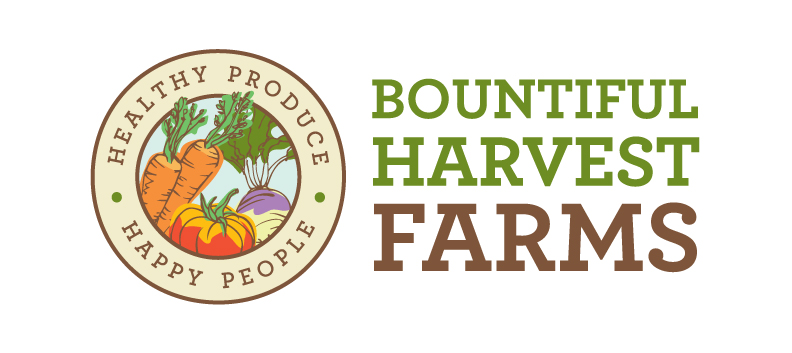In Starkville and around the nation, small, subscription-based farms known as Community Supported Agriculture are popping up everywhere. Generally, CSAs require the consumer to pay an initial sum of a few hundred dollars for a "share" in return for a season's supply of fresh, local fruits and vegetables. Most CSAs give their membersboxes of fruit, vegetables and/or other agricultural products once a week.
Members of CSAs reap the benefits of seeing where their food is grown and eating nutrient-rich fresh food. Many people also claim because locally grown food is fresher, it istherefore more flavorful.
Also, when consumers buy local food, they pump money back into the local economy. Collectively, the various reasons for supporting CSAs add up to an increasing demand for their business and their shares.
In the Starkville area alone, at least three CSAs have started in the past year. All three CSAs quickly sold all their shares and have an increasing large waiting list.
Additionally, all three local CSAs operate using organic farming methods. One local CSA farmer Sam McLemoresaid his first year running his own CSA has been a very positive experience.
After graduating from Mississippi State University, McLemore hiked the length of the Appalachian Trail, then worked around Starkville for a year before deciding to focus on growing food. His time on the Appalachian Trail and a number of other factors became the catalysts for starting his own CSA. One of the interesting things about CSAs, McLemore said, is the fact the members receive a different assortment of produce almost every week.
"At the beginning of the season, they got onions, peas, lettuce, herbs and half a dozen eggs, but as the season progressed they got eggplant, okra, some beans, tomatoes, sunflowers, friendship bread, peppers, squash, cucumbers and corn," McLemore said.
Situated near downtown Starkville, McLemore's CSA, Bountiful Harvest Farms, has 10 different shares that supply fruit, vegetables, flowers and eggs to 12 local families. McLemore said his members pay about $18 a week for one of his summer shares. For Bountiful Harvest's fall share McLemore is charging $12 a week for an eight-week share.
McLemore said charging members upfront for the shares gives the farmer the initial resources to buy seeds, manure, tools, etc. A website specializing in CSAs said CSAs work as a type of investment, with a shared risk; "many times, the idea of shared risk is part of what creates a sense of community among members, and between members and the farmers. If a hailstorm takes out all the peppers, everyone is disappointed together, and together cheer on the winter squash and broccoli."
Further, most CSAs, including McLemore's, welcome input from their members on what to grow each season. McLemore said "members get the experience of seeing where their food grows, get to watch it grow and get a say into what I plant next year."
McLemore is a proud proponent of organic and sustainable farming. In many ways, he is farming the way most of America did prior to the advent of industrial agriculture. In fact, McLemore forgoes all synthetic fertilizers, inorganic pesticides and tries to avoid tillers.
When people question why he grows food in a way opponents often view as slow or archaic, he said he responds, "What do you eat most of the time? Where does it come from? What do you think about that saying ‘you are what you eat'?" McLemore said, "I asked them that and they say ‘Fast food!'" McLemore laughed and said, "Well, I'm in the business of slow food."
In the future, McLemore said he would like to provide more food to more families, find more land to farm around town and to increase student and local involvement.

